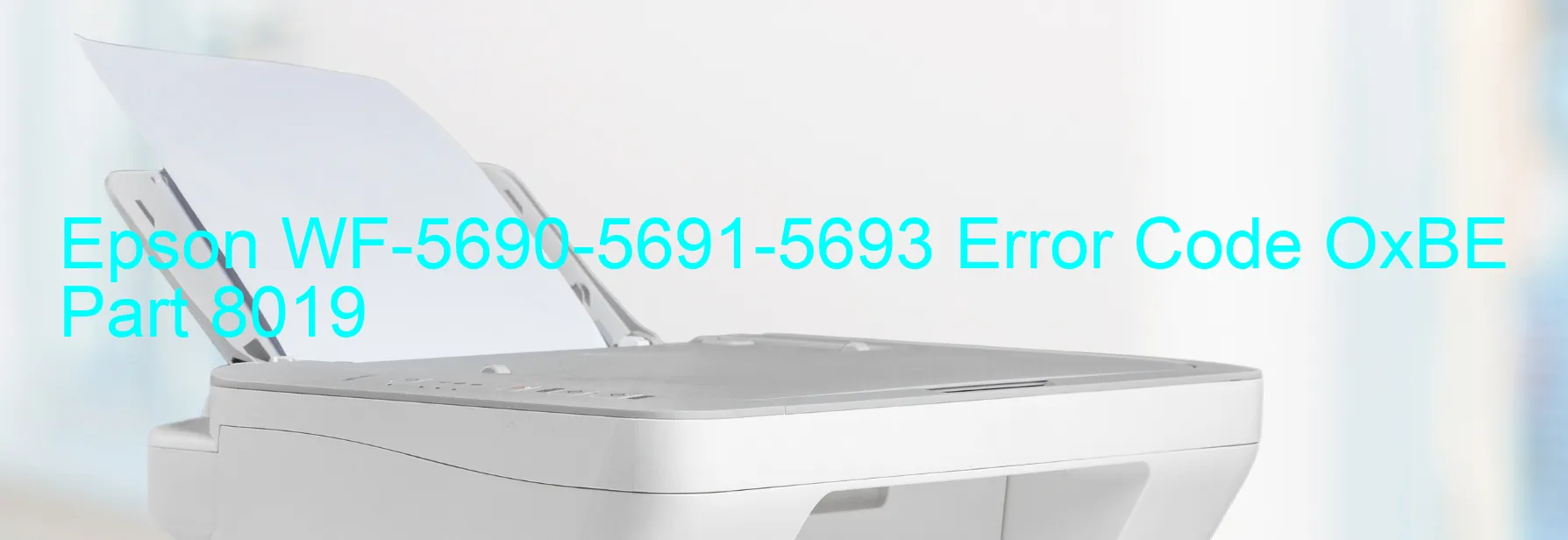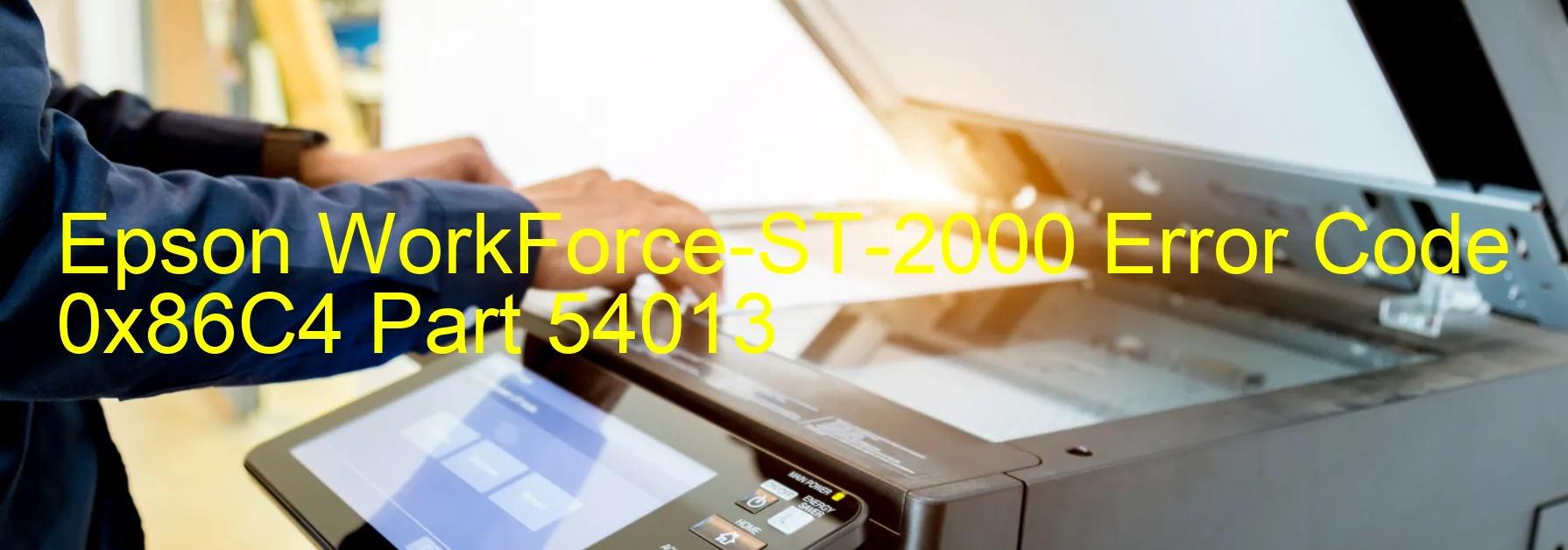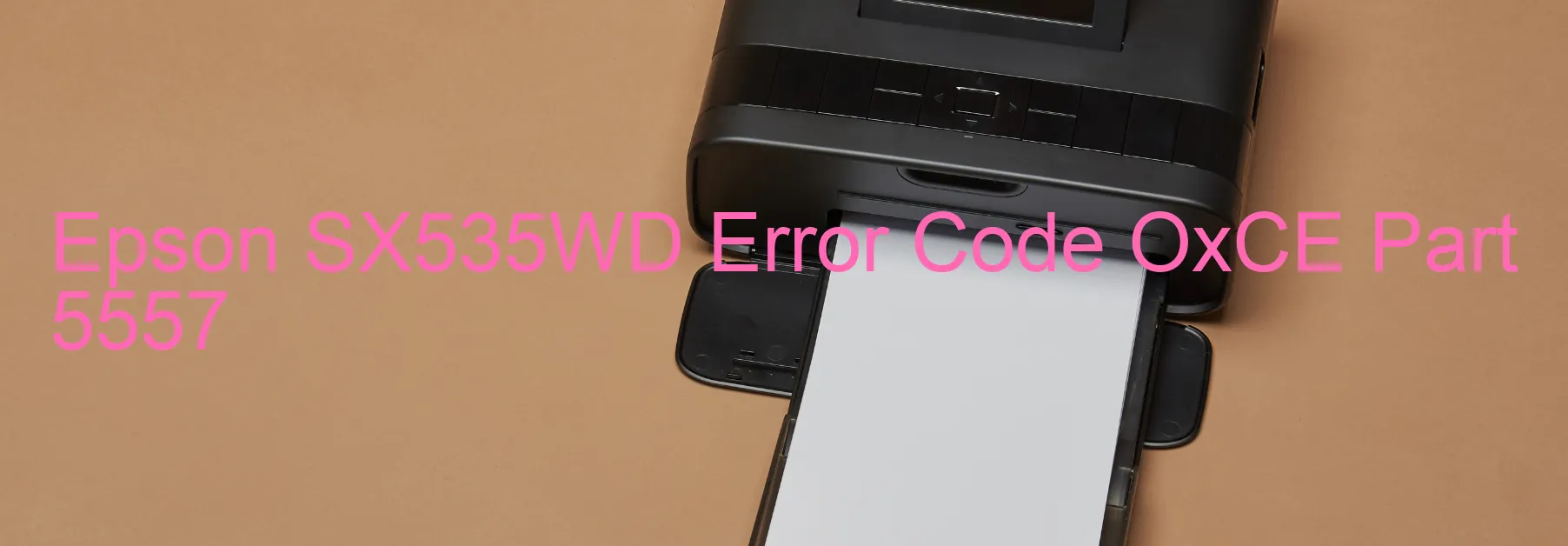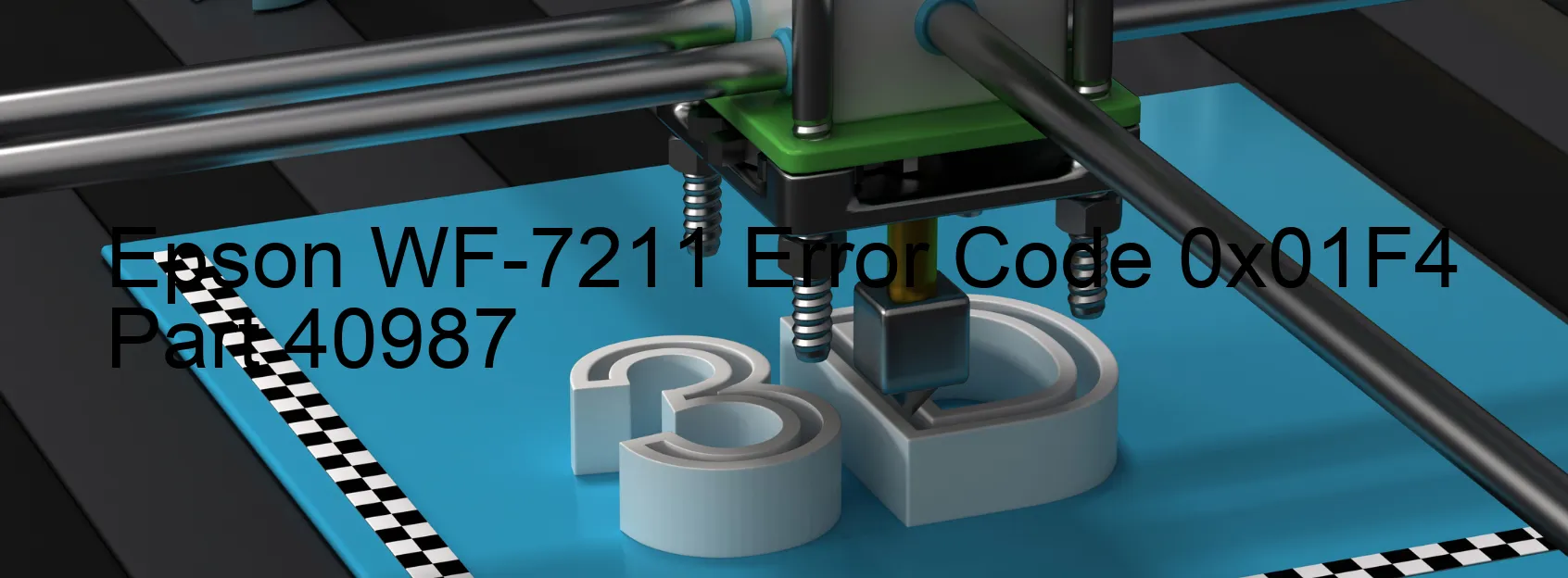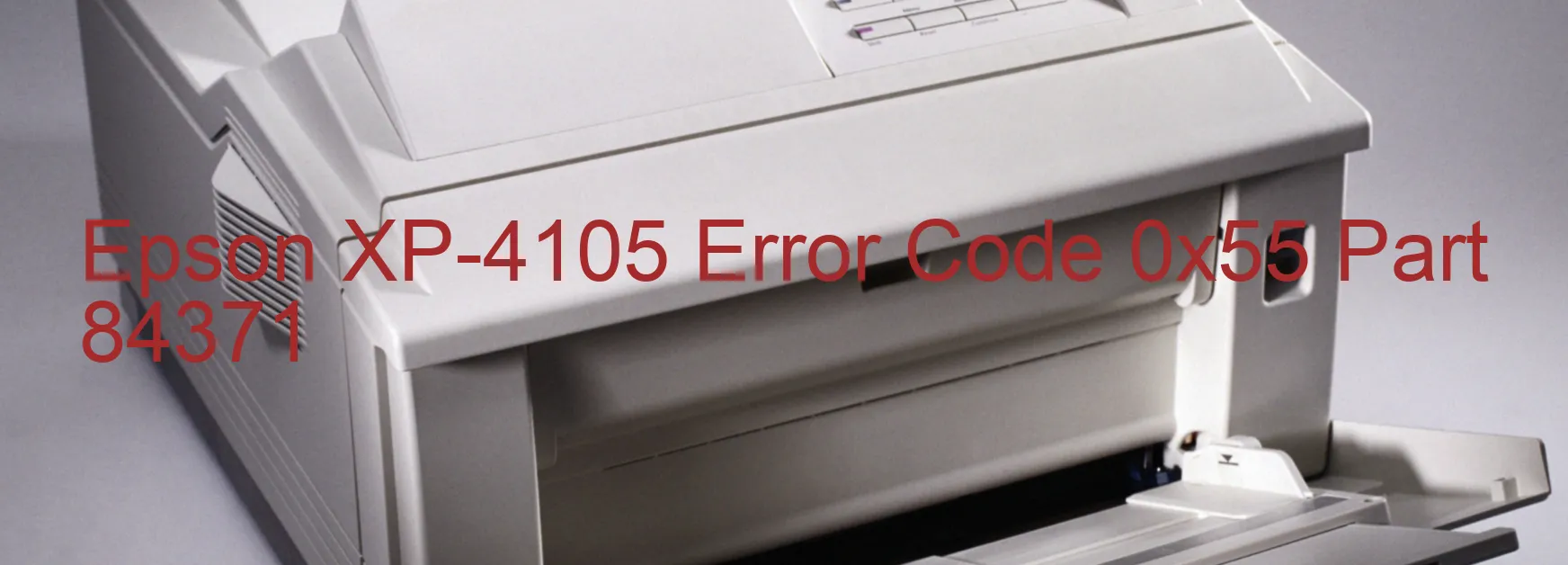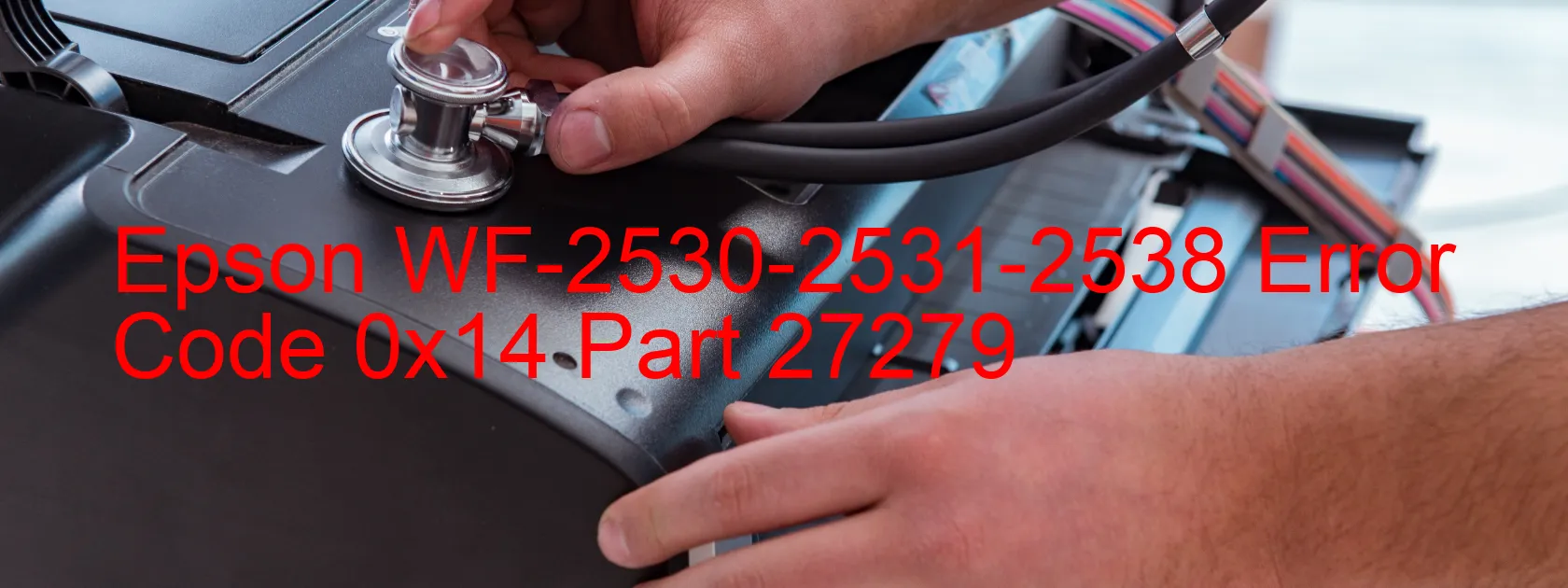Epson WF-7620 Error OxF1

The Epson WF-7620 is a printer known for its high-quality performance and reliability. However, like any other device, it may encounter errors from time to time. One such error is the OxF1 error code, which can be displayed on the printer’s screen. This error code indicates several possible issues with the printer’s functionalities.
The PF PID excess load error is one of the potential causes of the OxF1 error code. This error occurs when there is an overload on the printer’s PF (Paper Feed) mechanism. Another possible cause is an encoder failure, which can affect the printer’s ability to read and interpret position information correctly. Similarly, a PF motor failure can lead to the OxF1 error code, resulting in disrupted printing functions.
Moreover, the OxF1 error code may indicate a PF Mechanism overload, which occurs when the printer’s paper feed mechanism experiences excessive pressure or resistance. This can be caused by a variety of factors such as paper jams or incorrectly loaded paper.
Other possible causes of the OxF1 error code include cable or FFC (Flat Flexible Cable) disconnection, tooth skip, improper tension of the timing belt, motor driver failure, or even a main board failure.
If you encounter the OxF1 error code on your WF-7620 printer, it is recommended to perform some troubleshooting steps. These steps may include checking for any paper jams, ensuring that the paper is loaded correctly, and examining the cable connections, ensuring they are securely connected. If the issue persists, it is advisable to contact Epson customer support for further assistance.
Overall, understanding the description and troubleshooting steps for the Epson WF-7620 OxF1 error code can help users resolve any potential issues with their printer efficiently.
| Printer Model | Epson WF-7620 |
| Error Code | OxF1 |
| Display on | PRINTER |
| Description and troubleshooting | PF PID excess load error. Encoder failure. PF motor failure. PF Mechanism overload. Cable or FFC disconnection. Tooth skip or improper tension of the timing belt. Cable or FFC disconnection. Motor driver failure. Main board failure. |
